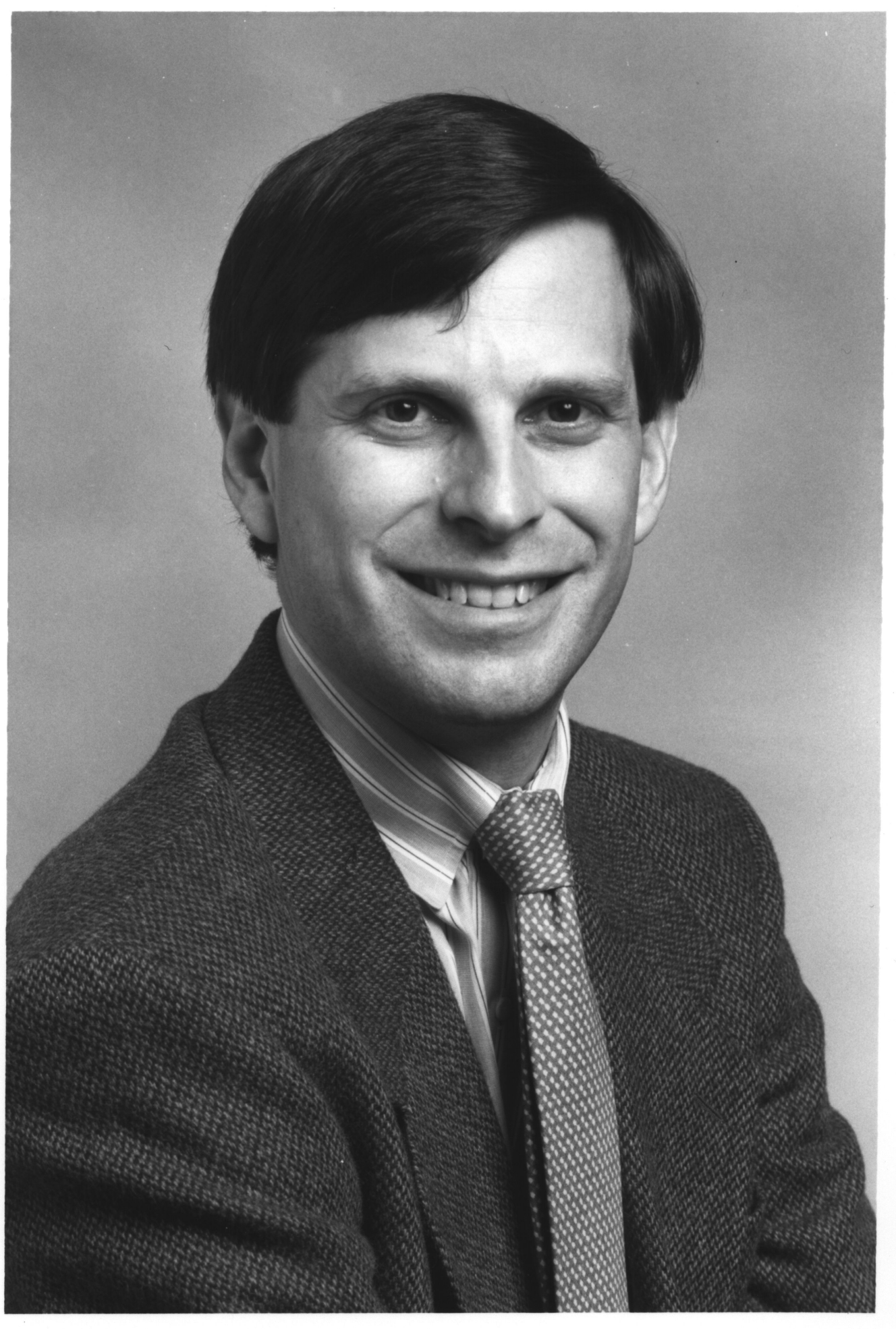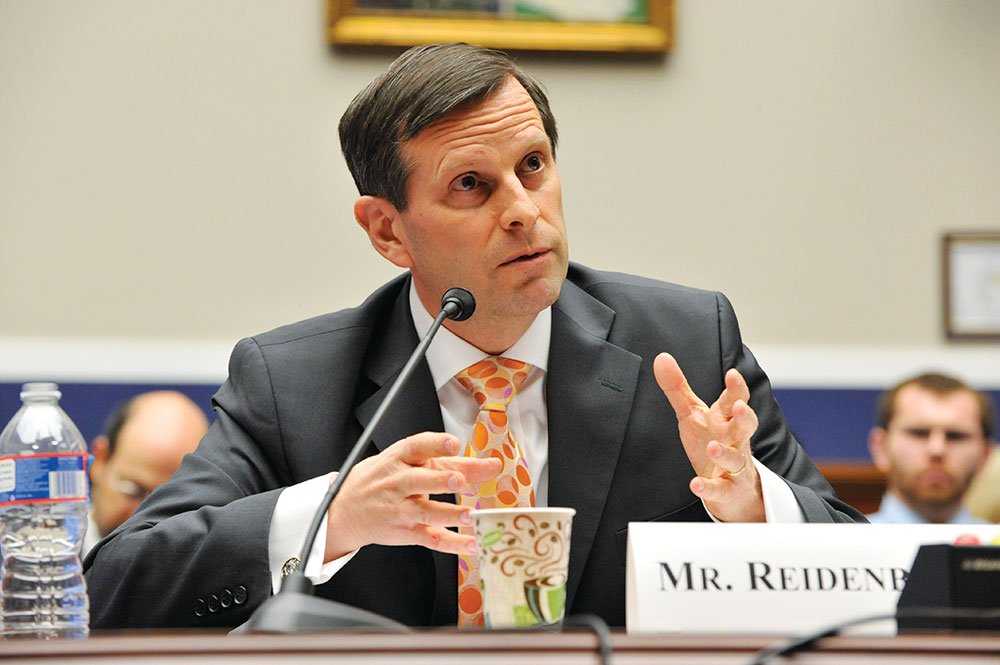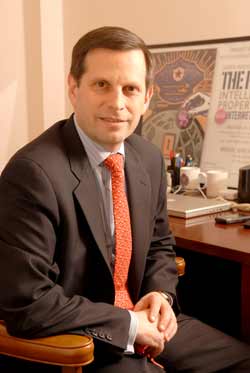Joel Reidenberg (1961-2020)
Stanley D. and Nikki Waxberg Chair and Founding Academic Director of the Center on Law and Information Policy (CLIP)

Years of Service
1990-2020
Reidenberg was a groundbreaking pioneer who helped invent the field of information law. He was prescient, exploring ideas and issues concerning technology years before others would begin to see their potential and importance.
-
Biography

In his thirty years as a member of the Law School faculty, Joel made a lasting imprint on Fordham Law. Professor Reidenberg was the apostle of information law, mentoring students and young scholars and taking delight in their achievements. He was also an institution builder—he served as president of the Fordham University Faculty Senate.
In 2005, he founded the Fordham Center on Law and Information Policy (CLIP) to contribute cutting-edge scholarship and legal education in the information law field.
Through CLIP, he and his staff, including Tom Norton ’16, the current executive director testified before legislators and policymakers around the world, published numerous reports, and convened conferences and roundtables on the major issues of the day.
Previous CLIP executive directors, including Jamela Debelak and N. Cameron Russell ’13, now work in the U.S. and abroad on related issues. Reidenberg also played a key role in founding the Samuelson-Glushko Intellectual Property clinic directed by Professor Ron Lazebnik.
 Joel R. Reidenberg, the Stanley D. and Nikki Waxberg Chair and Founding Academic Director of CLIP, testifying before Congress
Joel R. Reidenberg, the Stanley D. and Nikki Waxberg Chair and Founding Academic Director of CLIP, testifying before Congress
Reidenberg’s groundbreaking article from 1998, “Lex Informatica: The Formulation of Information Policy Rules through Technology,” showed that the developers of networked technologies were as important to data protection and cybersecurity as policymakers and conventional legal mechanisms.Professor Chris Marsden of Sussex Law School notes that he “wrote an explosive report for the European Commission on how broken transnational data flows were. He made a coruscating contribution on the U.S. data protection ‘safe harbor’–which helped shape what eventually became the General Data Protection Regulation (GDRP).”
Under his active leadership, even when he was ill, CLIP was collaborating with computer scientists at Carnegie Mellon, the University of Michigan, and Penn State under a large grant from the National Science Foundation to develop tools that consumers could use to evaluate the privacy of networked services.
Dean Matthew Diller said of Joel,
“He shaped my thinking about privacy law and information law, as he has shaped the thinking of colleagues, students, and professionals in the Fordham community and across the country, and around the world.”
-
Selected Publications
Digitocracy, Faculty Scholarship (2017).
The Rule of Intellectual Property Law in the Internet Economy, Faculty Scholarship (2007).
Lex Informatica: The Formulation of Information Policy Rules through Technology, Faculty Scholarship (1997).